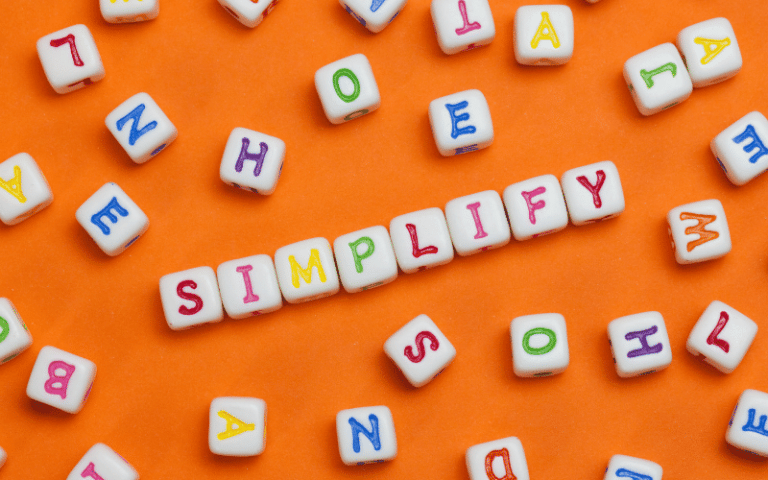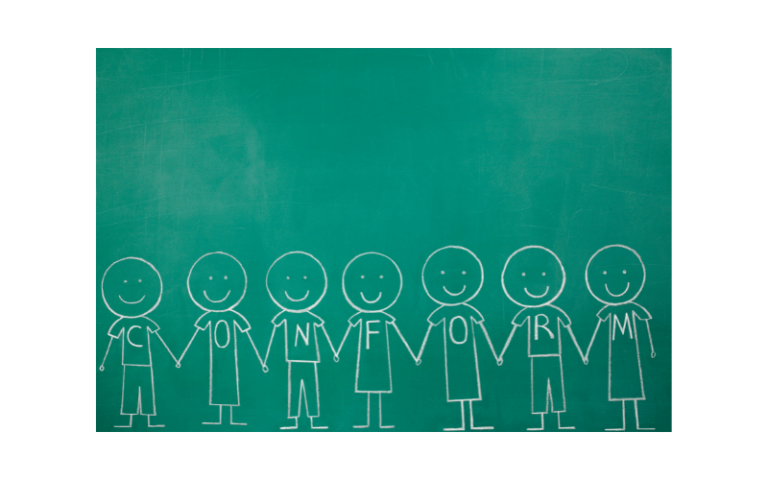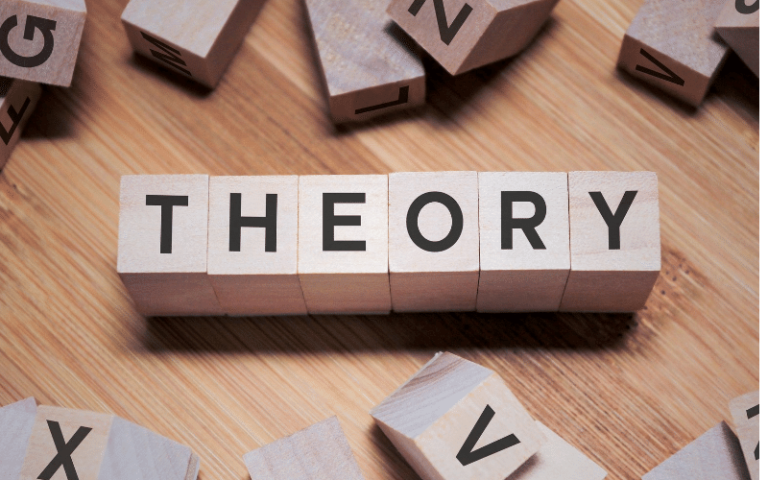Fundamental Attribution Error: Definition and Examples
The fundamental attribution error is a type of cognitive bias that leads people to overemphasize personality and underemphasize situational factors.

The fundamental attribution error is a type of cognitive bias that leads people to overemphasize personality and underemphasize situational factors.

If you need to solve a problem, there are a number of different problem-solving strategies that can help you come up with an accurate decision. Sometimes the best choice is to use a step-by-step approach that leads to the right solution, but other problems may require a trial-and-error approach. Why Use Problem-Solving Strategies While you…

Laissez-faire leadership advantages and disadvantages can determine whether this leadership style is effective or not. The advantages of laissez-faire leadership include empowering team members and fostering creativity. The disadvantages can include lower productivity and the potential for confusion. Have you ever had a boss who took a hands-off approach? Who let team members take the…

Autocratic leadership involves the leader taking complete control, not accepting input, and expecting others to follow without question.

Democratic leadership relies on group participation. Learn why this style can be so effective.

Emotions are an essential part of human life, but that doesn’t mean that feeling them is always easy. Many different types of emotions influence our decisions, relationships, and overall satisfaction with life. The emotions we feel can feel intense or sometimes even overwhelming. But being able to identify these feelings, talk about them, and manage…

The psychodynamic approach is rooted in the basic belief that people have unconscious desires, thoughts, feelings, and memories that, while outside of conscious awareness, still influence a person’s behavior.

How much do you know about personality psychology? Put your knowledge to the test with this brief quiz.

Hobbies can be a great way to relieve stress and add happiness to your life. Learn about the benefits of having healthy hobbies and explore some great ideas for your next rewarding past-time.

The greatest joys in life are often the simplest. When you feel overwhelmed by all of the stress, commitments, and other stuff currently cluttering your time, it might be time to step back and figure out what you can do to simplify your life. By cutting out the things that don’t matter, you can save…

Self-confidence refers to your own belief in your abilities to succeed. A healthy amount of self-confidence is essential to mental health and well-being. If you struggle to feel confident in yourself, this article offers tips and advice to help you increase your trust in yourself and your skills. How to Be More Confident Acknowledge your…

Burnout is a problem that involves a loss of energy, feeling distant from goals, and a sense of cynicism about work or other tasks. This feeling often emerges when people face a great deal of stress, particularly when the stress is ongoing, and the individual lacks the resources to cope. Research suggests that burnout is…

The anchoring bias is a type of heuristic that causes people to use the first they learn as a reference point for making future judgments and decisions. This anchoring effect is highly prevalent across a wide range of situations–and it’s also very difficult to overcome. In this article, learn more about what causes the anchoring…

Ever wonder how we form quick judgments about people? Implicit personality theory reveals how our unconscious beliefs shape the way we see others—and how those snap perceptions influence our daily interactions.

Conformity involves changing your behavior to align with other people’s behaviors, beliefs, and attitudes. People often conform to blend in with others in their social group. It is a type of social influence that compels people to behave in ways seen as “normal” for that specific group. Researchers define conformity as “aligning one’s attitude, opinion…

People are continuously inundated with endless amounts of information. External stimulation, internal thoughts, emotions, and other forces all compete for our attention. To deal with this, people utilize selective attention to tune out things they don’t need to focus on and concentrate on the important things. In this article, learn more about how selective attention…

Attachment is an emotional connection between two. Attachment is also an important part of romantic love, so our attachment styles can have an impact on our relationships. What’s your attachment style? Take this quiz to find out. For more information on attachment, read this overview of attachment styles.

Our attachment styles shape how we connect, trust, and build relationships. Discover the different styles and how they impact love, friendships, and self-image.

Schedules of reinforcement determine when rewards are delivered and can affect the learning process.

Psychological theories provide the framework for understanding human behavior. Explore the key concepts that have shaped how we think, feel, and act in the world around us.